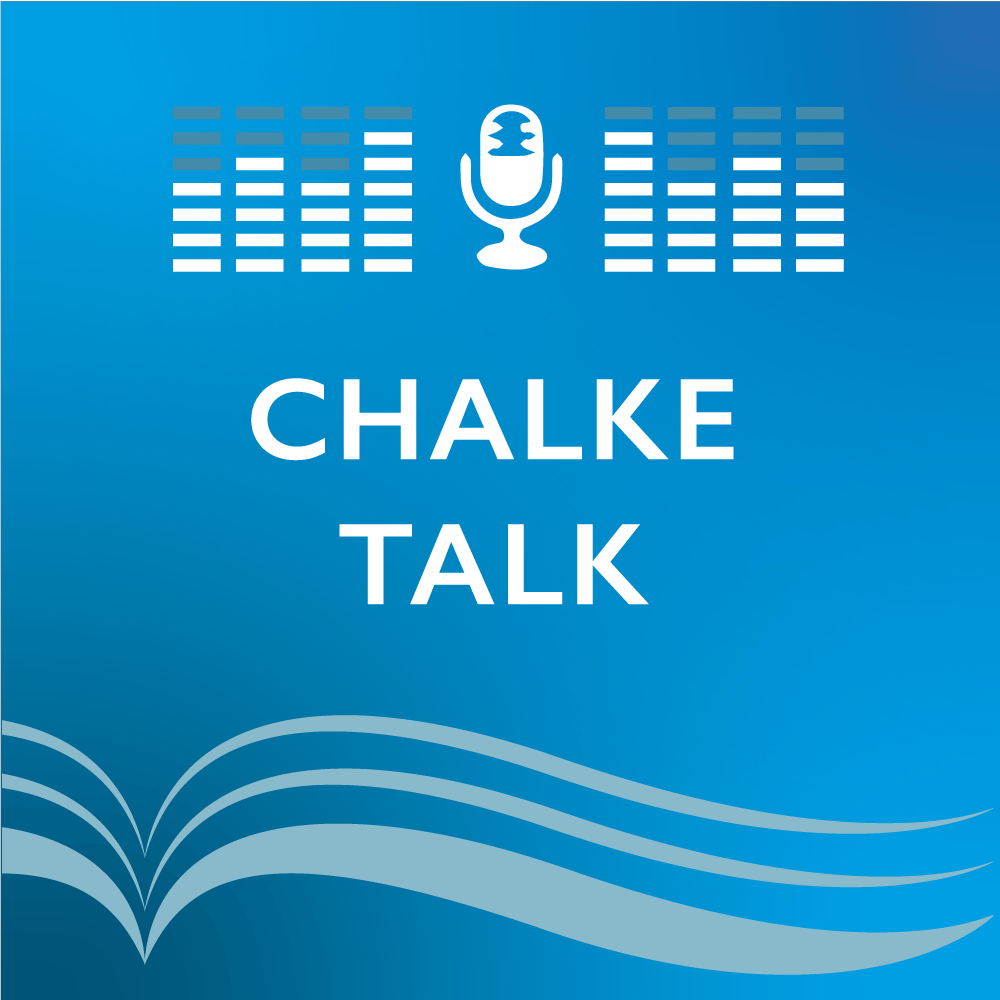Jean Jammes was a schoolboy in 1944 when, that summer, he joined the Resistance group led by his father in the countryside around Épernon. Involved in numerous actions of sabotage, he also helped capture three German officers and was awarded the Croix de Guerre. In this very special event he talks to Peter Caddick-Adams about […]
More podcasts - latest releases
- 82. I OBJECT: SATIRE AND SUBVERSION, A HISTORY OF DISSENT - Ian Hislop ( 2019)
- 201. 1918: ONE HUNDRED DAYS TO VICTORY - Dan Snow ( 2018)
- 200. NAPOLEON: THE MAN BEHIND THE MYTH - Adam Zamoyski ( 2019)
- 199. A PERSONAL HISTORY OF MUSICALS: HOW TO SUCCEED, BY MISTAKE, IN THE WORLD OF MUSICAL THEATRE - Tim Rice ( 2017)
- 198. ALL OUT WAR: THE FULL STORY OF HOW BREXIT SANK BRITAIN’S POLITICAL CLASS - Guy Walters, Tim Shipman ( 2017)
- 197. BREAD FOR ALL: THE ORIGINS OF THE WELFARE STATE - Chris Renwick ( 2018)
- 196. CONSTANT HEART: THE WAR DIARIES OF MAUD RUSSELL 1939-1945 - Emily Russell, John Julius Norwich ( 2017)
- 195. HOW IDEAS CHANGE: THE EVOLUTION OF EVERYTHING - Matt Ridley ( 2016)
- 194. HOW TO REMAIN SANE IN THE AGE OF POPULISM - Elif Shafak ( 2019)
- 193. KENNETH CLARK: LIFE, ART AND CIVILISATION - James Stourton ( 2017)



